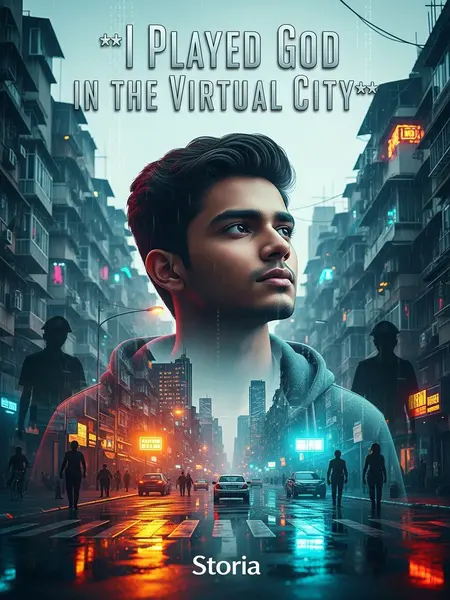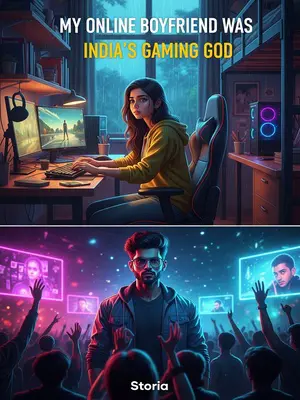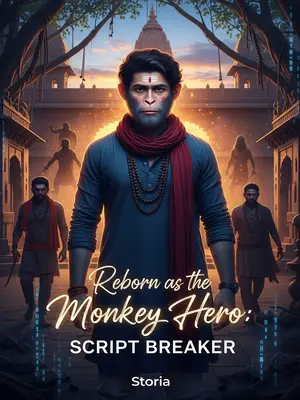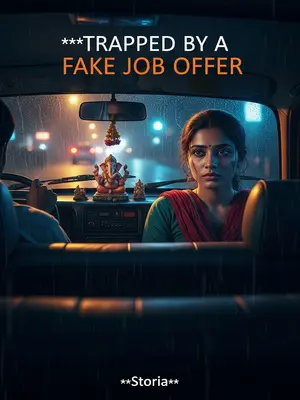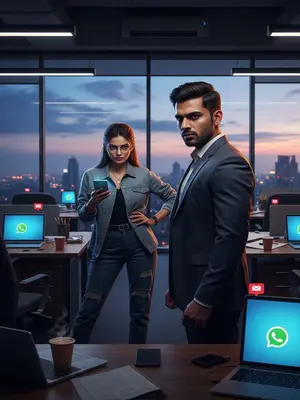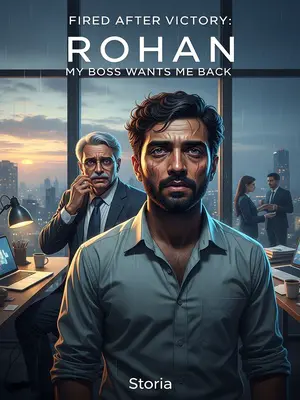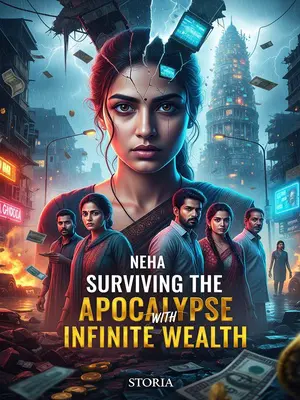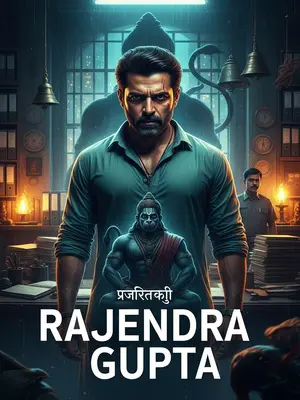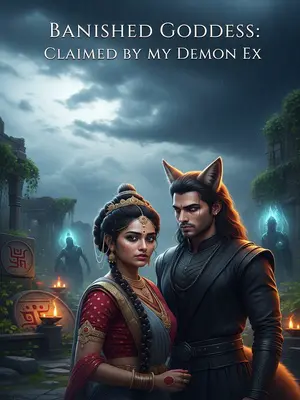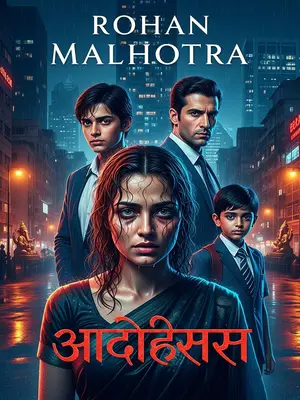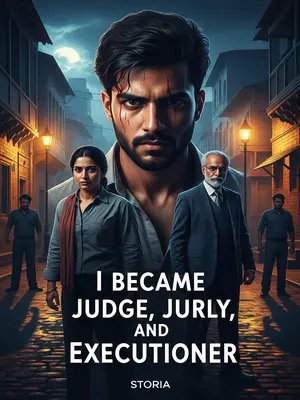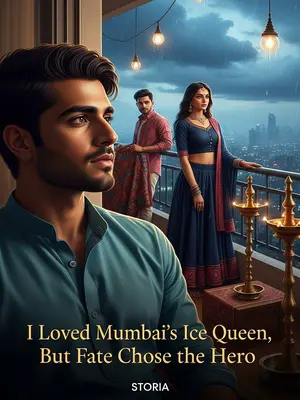Chapter 3: The Wish-Granting Spree
Over the next month, I was the benevolent god of the virtual city, granting Rohan’s wishes like a genie with an attitude problem. Every time my phone buzzed with another request, I’d roll my eyes but give in. I kept a diary, just to see how long he’d keep going. Spoiler: he never ran out of wishes.
Inside Rohan’s world, he was living a full-on masala movie—every cheat code at his fingertips, while I rewrote the rules behind the scenes. One day he’d want a promotion, the next, he’d want his neighbour’s noisy dog to vanish. I’d grant each wish with a few keystrokes and then watch the chaos ripple through the CCTV feeds. It was addictive, the kind of rush only absolute power gives.
When Rohan asked to teach his boss Khanna a lesson, I manipulated the city’s traffic lights, changed signal patterns on Khanna’s route, and arranged for a massive truck to crash into his car. Khanna ended up paralysed from the waist down, destined for a life in bed. I felt a pang of guilt watching a virtual family mourn, but then shrugged—arrey, sab toh code hi hai, na?
To steady myself, I poured a glass of cold water, the chill soothing my nerves. I wondered if even real gods felt this strange after stirring up trouble for mortals.
Next, Rohan wanted Priya’s affection. I triggered the weather department’s cloud-seeding, causing a perfectly timed downpour. Rohan and Priya shared an umbrella—a scene straight out of a Bollywood romance. Meanwhile, weather office staff got sacked over the mishap. I smirked, feeling like I’d scripted the next Karan Johar film.
With every wish I granted, someone else’s world broke a little. It didn’t dampen my mood—just like in a video game, why feel guilty about NPCs? None of it felt real, so why worry?
But sometimes, I’d spot a virtual family grieving, or a shopkeeper ruined by a traffic diversion. For a split second, guilt pinched me, but I brushed it off—this was just a lab experiment. Like any gamer, I wanted to see what would break. Besides, sab toh code hi hai, na?
When the virtual police began investigating, tracing every strange event back to Rohan, I stayed silent. I just watched the drama unfold.
The police station was pure desi: a constable walked in with a steel glass of chai, a wall calendar hung with a faded Ganesh image, and an old pedestal fan hummed in the background. I sipped my own chai, half-expecting the ACP to bark, “Daya, kuch toh gadbad hai!”
When they confiscated Rohan’s phone, he tried desperately to get it back, but I just yawned and disconnected. I felt a twinge of pity watching his hands shake, but the schadenfreude was too delicious—better than any daily soap.
Through the interrogation room’s CCTV, I watched Rohan. His face was a mix of awe and despair, like someone who’d glimpsed paradise and then been thrown off the mountain. The flickering tube light cast harsh shadows, making him look even more lost. I could almost hear the tragic background score.
As I expected, Rohan didn’t hold back. The investigator laid out the evidence, and Rohan broke down—crying big, filmi tears, the kind you see in old family serials.
“It wasn’t me, it was a god, the god did it.”
He sounded desperate, as if hoping for a miracle. I wondered if anyone would believe him, or just think he’d lost it after too many late-night WhatsApp forwards.
“A god?” The investigator nearly spat out his chai, wiping his mouth with the back of his hand. A faded wedding ring glinted—maybe he’d share this story with his wife at dinner.
“Yes, it told me it could grant all my wishes,” Rohan sobbed. “I didn’t expect it to be so reckless…”
His voice cracked, full of fear and regret. I pictured his mother at home, hands folded in prayer. The scene was so desi, so familiar, I had to laugh.
“Rohan!” The investigator slammed the table. “I hope you’ll cooperate. If you resist, the punishment will be severe. If you confess, it will be lenient. Don’t talk nonsense—we won’t give you another chance.”
His warning echoed with that familiar Indian police menace. The air in the room seemed to thicken with tension.
This was hilarious. In the real world, I slapped the table and burst out laughing. It was better than any TV serial. My laughter bounced off the empty lab walls, mixing with the distant sound of the chowkidar’s radio playing an old Lata Mangeshkar song. For a second, I felt like the villain in a comedy movie, relishing the hero’s misery.
To make things even more dramatic, I dialed the investigator’s phone. Just as Rohan was sobbing, the phone rang—a tinny bhajan as ringtone. I grinned, savoring the drama.
“Hello, who is this?”
The investigator’s voice was sharp, pen scratching paper, a metal water bottle clattering on the desk.
“Hello, Inspector, I am the god Rohan mentioned.”
I made my voice low and dramatic, hoping to add a perfect supernatural touch. If this was my final act, I wanted it worthy of Indian TV history—somewhere between a saas-bahu twist and a CID reveal.
